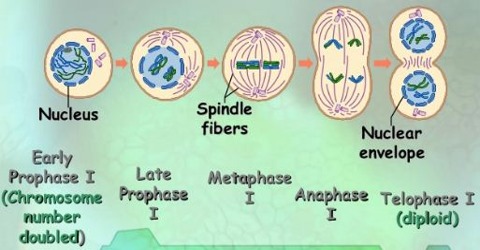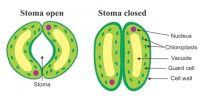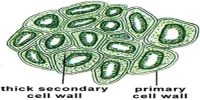Distinctiveness of Meiosis
Meiosis is a type of cell division that results in four daughter cells each with half the number of chromosomes of the parent cell, as in the production of gametes and plant spores. It is a special type of cell division that enables organisms to sexually reproduce.
Some Common Characteristics of Meiosis are discuss below:
- During meiosis, four daughter cells, with one half the numbers of chromosomes as the parent cell, are produced from one parent cell.
- Usually meiosis occurs in reproductive mother cells of diploid organisms.
- Meiosis is reductional.
- In this type of cell division, nucleus divides twice but chromosome divides once.
- Since Prophase-1 is a lengthy process, it can be divided into five sub-phases.
- Homologous chromosomes form bi-valent by making pairs (synapsis).
- Genetic exchange occurs because of the formation of chiasma and crossing over.
- Four haploid daughter cells are formed.
- Chromosome gets different arrangement.
- The daughter cells are formed in this process due to crossing over and different arrangements of chromosomes are not identical in properties. This is very significant in the formation of varieties.
- One of the most significant impacts of meiosis is that it generates genetic diversity through the recombination of homologous chromosomes.














